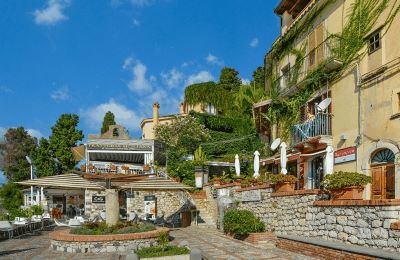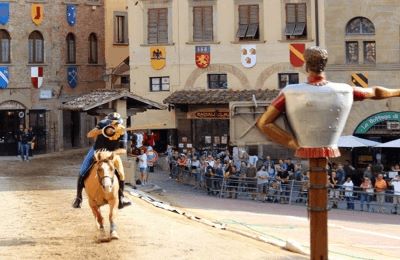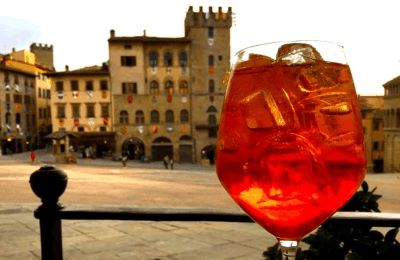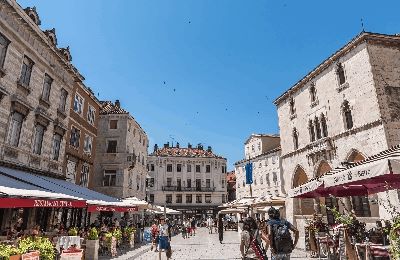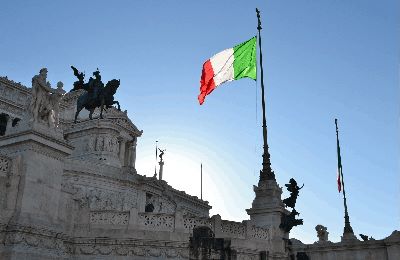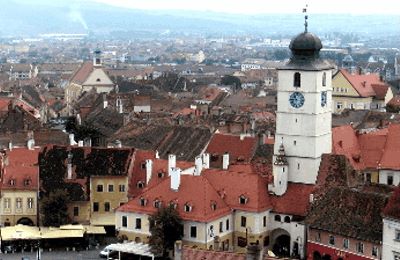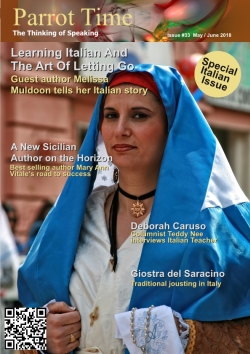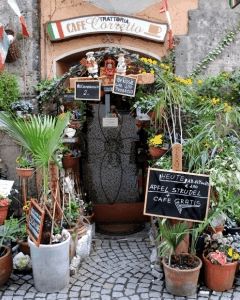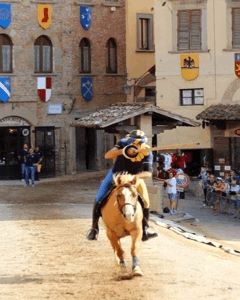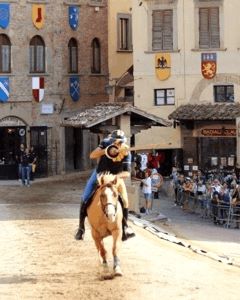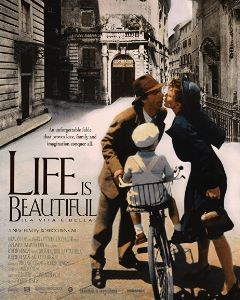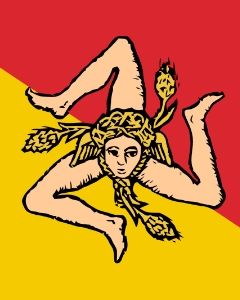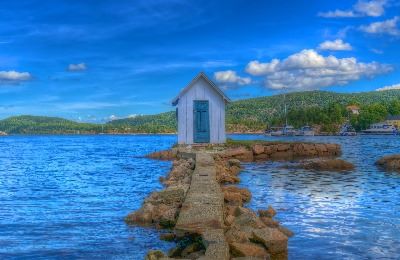Proverbs from the World
Italian

Proverbs from the World:
Italian The world is full of languages, which in turn are full of proverbs and proverbial phrases. Some of them are very culture related, some instead very universal. The language of choice this time is Italian. In Italian, the language is called italiano. Italian is the main language spoken in Italy, and an official language there, in Switzerland, San Marino, Vatican City, Istria County in Croatia, and Slovene Istria in Slovenia. It is also a recognized minority language in many countries also outside Europe, for example in Somalia and Libya due to the Italian colonial period. Italian is the native language of the majority of Italians. There are also four co-official minority languages in the northern parts of Italy, namely German, French, Slovene and Ladin. This is just the official part: there are over thirty living spoken languages and dialects in Italy, mostly Romance languages. There hasn’t been uniformity along the history whether they are languages or dialects, and the concept of dialect in Italy means big differences compared to standard Italian. The number of native speakers of Italian is about 90 million. Italian belongs to the Romance branch of the Indo-European language family, alongside Spanish, French and Portuguese, and more specifically, to the Italo-Dalmatian language sub-group. The alphabet is Latin. Italian has two grammatical genders, feminine and masculine, and nouns have singular and plural forms. Indefinite and definite articles are used, and verbs are conjugated in six persons. Being an Indo-European language with Christian history, many of the proverbs (proverbio), are of international heritage. This does not apply to all of them, of course. Here are some selected ones from a famous novel by Giovanni Verga, I Malavoglia, first published in 1881. The novel tells about a Sicilian family of fishermen that faces many misfortunes, and it's exceptionally rich in proverbs. The book has been translated by Mary A. Craig into English under the name The House by the Medlar-Tree in 1890, and the following translations into English are Craig's. The proverbs selected this time suit life as a fisherman. 
1. Fa il mestiere che sai, che se non arricchisci camperai. 
2. Per menare il remo bisogna che le cinque dita s'aiutino l'un l'altro. 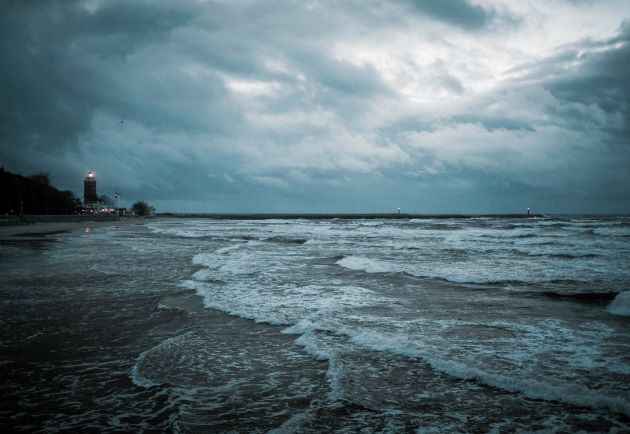
3. Scirocco chiaro e tramontana scura, mettiti in mare senza paura. 
4. Mare crespo, vento fresco. 
5. Le acciughe sentono il grecale ventiquattro ore prima di arrivare. 
6. Triste quella casa dove c'è la visita pel marito. 
7. Il mare è amaro, ed il marinaio muore in mare. 
8. Col mare fresco non se ne piglia pesci. 
9. I pesci grossi stanno sott'acqua durante la maretta. 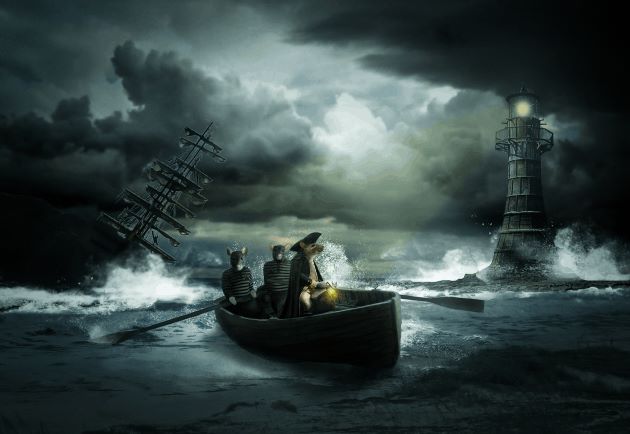
10. A nave rotta ogni vento è contrario. 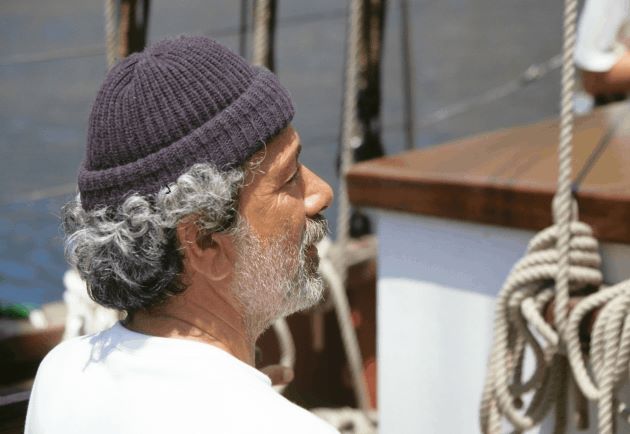
11. Il buon pilota si conosce alle burrasche. 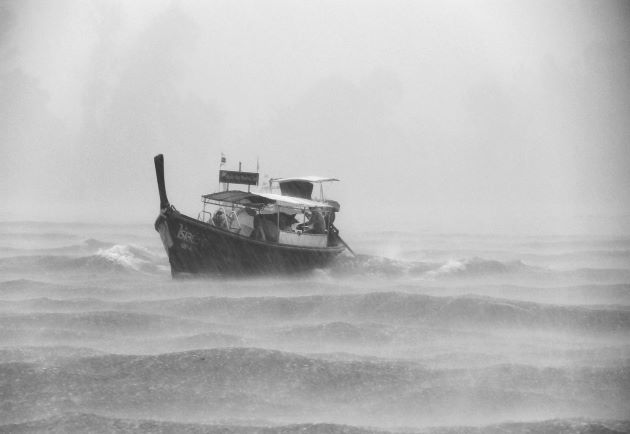
12. Mare bianco, scirocco in campo. 
13. Quando la luna è rossa fa vento, quando è chiara vuol dire sereno, quando è pallida, pioverà. 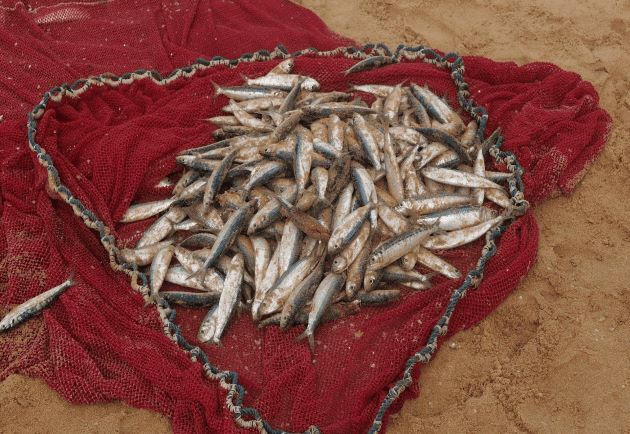
14. Acqua di cielo, e sardelle alle reti. 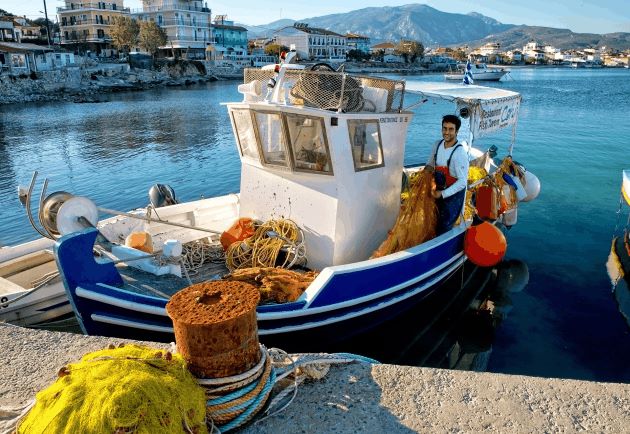
15. Chi ha roba in mare non ha nulla. 
16. Per un pescatore si perde la barca. As the eldest of the family, padron 'Ntoni says, il motto degli antichi mai mentì – the saying of the old never lied. The proverbs above are rooted in the reality of the fishermen's daily life, weather and the aspect of the sea, and they are very much popular wisdom instead of witty phrases that rhyme nicely. One must use the strength of the young and the experience of the old - forza di giovane e consiglio di vecchio. |
| Proverbs from the World - Italian | ||||||||
| Writer: | Tarja Jolma | |||||||
| Images: | ||||||||
| ||||||||
| Sources: | ||||||||
| ||||||||
All images are Copyright - CC BY-SA (Creative Commons Share Alike) by their respective owners, except for Petey, which is Public Domain (PD) or unless otherwise noted.
|
Looking for learning materials? Find entertaining and educational books for learning a language at Scriveremo Publishing. Just click the link below to find learning books for more than 30 languages!
| |
comments powered by Disqus




